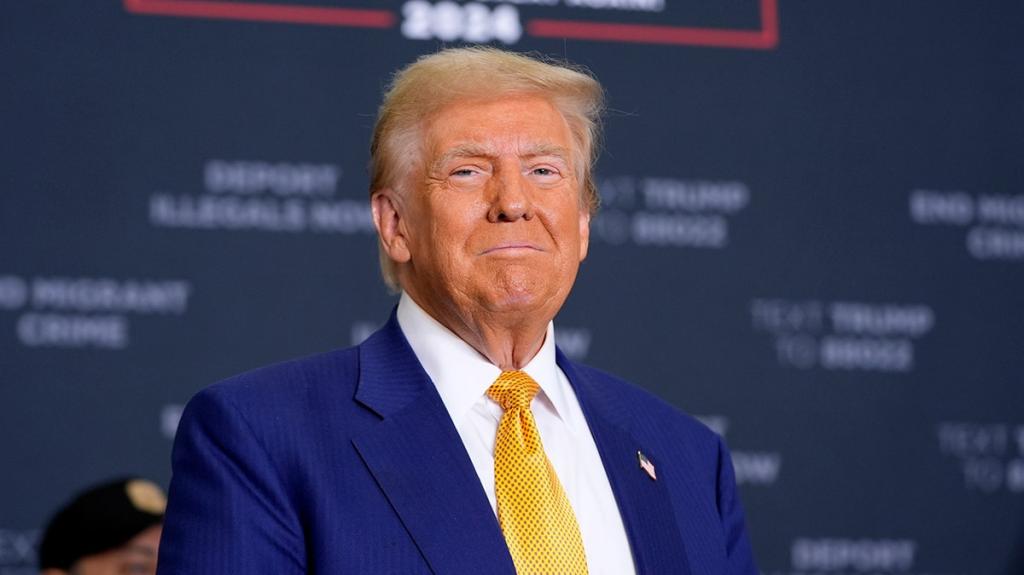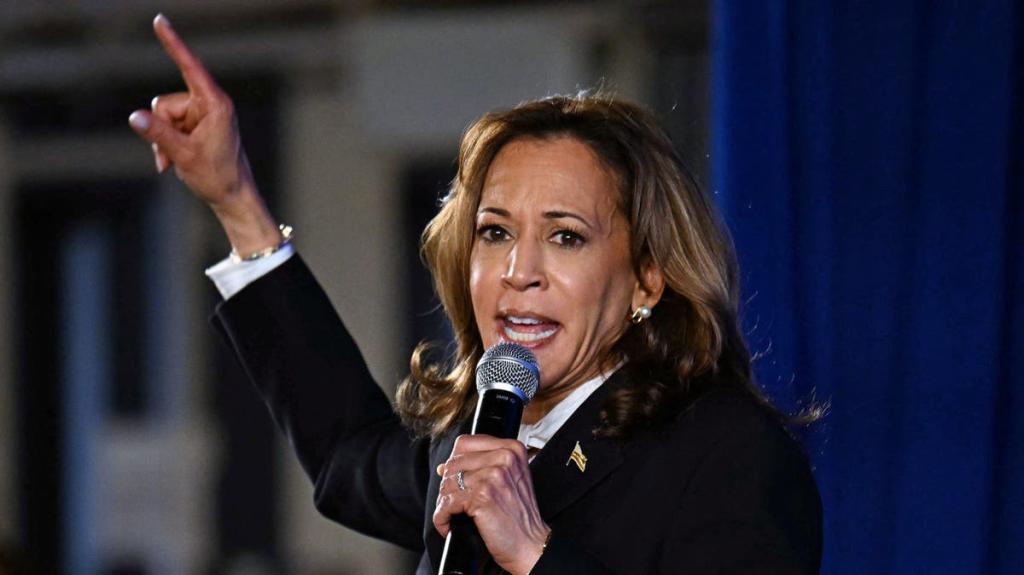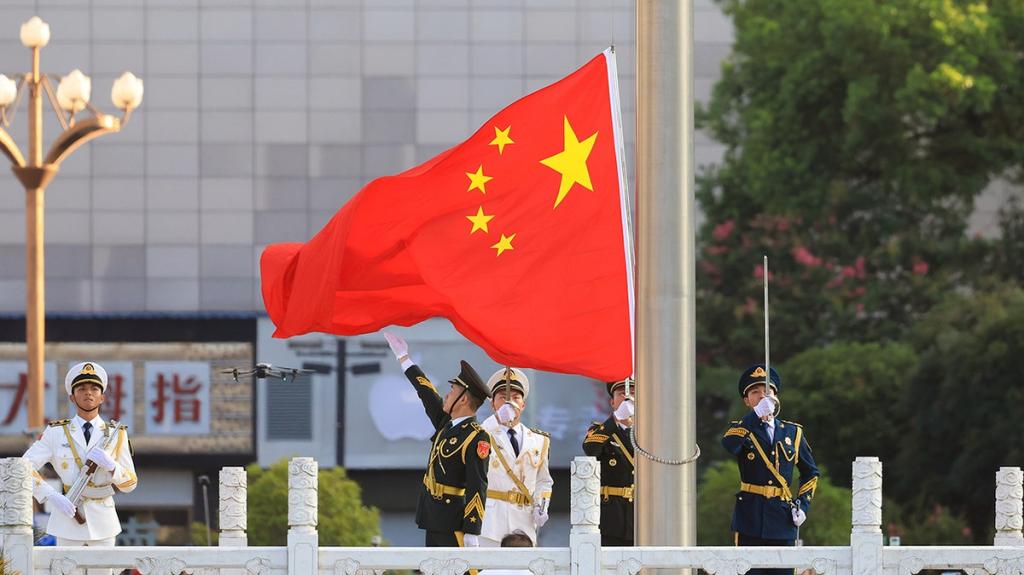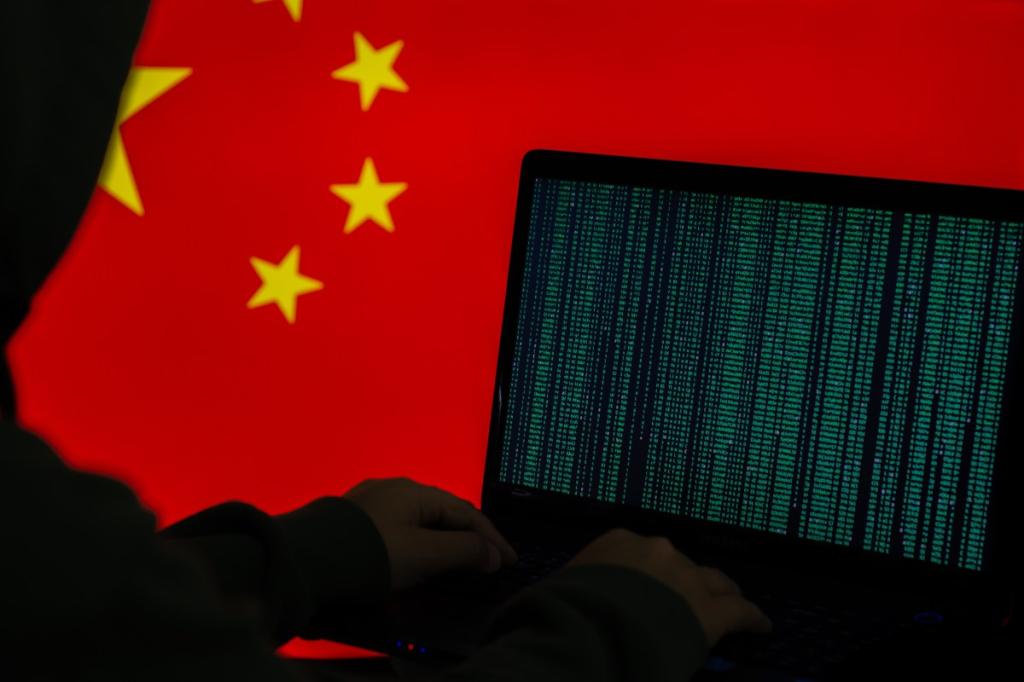Foreign Hackers Target Trump Campaign Phones in Cyber Breach
Discover how foreign hackers targeted Trump's campaign phones, revealing critical cybersecurity vulnerabilities in U.S. political systems as the election approaches.

Key Points
- Chinese hackers have targeted the cellphones of Donald Trump and JD Vance
as part of a larger cyber-espionage campaign against U.S. political figures.
- The breach highlights urgent cybersecurity vulnerabilities within U.S. telecommunications infrastructures, emphasizing the need for robust protective measures.
- Collaborative efforts among government agencies and political campaigns are essential to strengthen defenses against increasing foreign cyber threats.
In an era where digital security is paramount, recent revelations about foreign hackers targeting high-profile political figures in the United States have raised serious concerns. Reports indicate that Chinese hackers have infiltrated the cellphones of former
and his running mate, JD Vance. This troubling incident highlights the extensive threats posed by foreign cyber adversaries and the vital need for robust cybersecurity measures as the nation heads into a highly contested presidential election.

This cyber breach is part of a broader pattern of foreign interference targeting U.S. political campaigns. As we have seen in previous election cycles, foreign powers have been known to manipulate and disrupt the democratic process through various means, including hacking and disinformation campaigns. Notably, this hacking seems focused on retrieving sensitive communications that could be used to influence or undermine U.S. electoral processes.
Understanding the Threat Landscape
The hackers, affiliated with the Chinese government, reportedly gained access through a breach of the
network, which has raised alarms not only for political candidates but also for national security. Investigators are diligently working to ascertain the extent of the data breach and whether sensitive communications were compromised.
What's particularly concerning is the possibility that the hackers may have accessed crucial metadata, revealing not just who the candidates are communicating with but potentially their campaign strategies as well. This type of intelligence could serve as a powerful tool for foreign operatives looking to manipulate political outcomes by targeting key individuals within the government or influence public opinion.

The Bigger Picture
The alarming trend of foreign cyber intrusions has been documented by security agencies, including the FBI and the
(CISA). They have openly acknowledged the escalating risks associated with unauthorized access to telecommunications infrastructure by state-sponsored hackers. Numerous reports have highlighted multiple attempts by not only China but also Iran and Russia to infringe upon U.S. cyber sovereignty.
This multifaceted threat landscape also indicates that current and former government officials are at risk, as evidenced by previous breaches linked to Iranian hackers targeting Trump’s team in 2024. The recent attacks reveal a sophisticated level of coordination among foreign adversaries, underscoring the need for improved cybersecurity protocols.
Preventive Measures and Call to Action
In light of these pervasive threats, a collaborative effort among government agencies, private sector partners, and political campaigns is essential. Experts emphasize the importance of implementing robust cybersecurity measures, including regular audits, employee training on phishing detection, and the adoption of encrypted communication channels.
Moreover, political campaigns should not underestimate the level of vulnerability they face. With attackers continuously honing their techniques, campaigns must prioritize their cybersecurity strategies to mitigate the risk of future breaches.

Looking Ahead
As we approach the presidential election, the significance of cybersecurity cannot be overstated. The ability for foreign entities to infiltrate and leverage sensitive information poses an imminent threat to the electoral process and democratic institutions. This situation serves as a clarion call for all stakeholders—from government officials to campaign teams—to prioritize cybersecurity as an essential component of their operational framework.
Ultimately, the increasing frequency of cyberattacks illustrates the evolving nature of threats facing democratic processes. By concentrating efforts on advanced cybersecurity strategies and fostering collaborations across sectors, the U.S. can fortify its defenses against these pervasive cyber threats.


